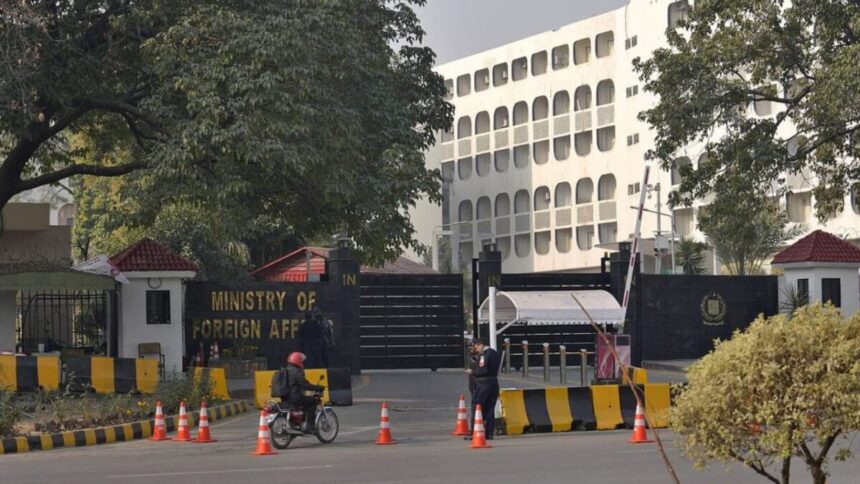RASC News Agency: Pakistan, in a significant shift, appears to be scaling back its diplomatic engagement with the Taliban, as evidenced by its delay in appointing a new special envoy for Afghanistan affairs. Sources close to “Express Tribune” reveal that Pakistan’s hesitation stems from a new strategic approach aimed at reducing direct interaction with the Taliban. This move comes more than six weeks after the dismissal of Asif Durrani, the former special envoy to Afghanistan, with the government yet to announce a successor.
Officials within Pakistan’s Ministry of Foreign Affairs suggest that, despite current constraints, Afghanistan-related matters can still be managed without the need for a dedicated envoy. While numerous nations have intensified their engagements with the Taliban by appointing special representatives, Pakistan’s unexpected decision to remove Durrani on September 10th has prompted widespread speculation and criticism. The dismissal occurred without formal explanation, fueling uncertainty about Pakistan’s future policy direction.
Asif Durrani, who took over the role in May 2023 following Mohammad Sadiq, struggled to foster positive relations between Islamabad and Kabul. According to well-placed sources, Durrani’s interactions with the Taliban government were minimal, and he was not well-received in Kabul. These limitations led to an ineffective tenure, culminating in the deterioration of Pakistan-Taliban relations rather than any meaningful progress.
Following the Taliban’s return to power in Afghanistan, many expected the historical ties between the two sides to strengthen cooperation. However, the situation has grown increasingly complex. Pakistan has witnessed a notable rise in terrorist attacks, which it attributes to the presence of Tehrik-i-Taliban Pakistan (TTP) sanctuaries in Taliban-controlled Afghanistan. Islamabad has repeatedly called on the Taliban to dismantle these safe havens, yet, as reported by “Express Tribune”, the Taliban have so far refrained from taking any substantive action.
Given these developments, Pakistan seems reluctant to appoint a new special envoy, indicating the perceived ineffectiveness of the role in managing the increasingly strained bilateral relationship. Instead, Pakistan is shifting its broader foreign policy to reduce interactions with the Taliban, focusing more on addressing its internal security threats and the rising insurgency from groups like TTP.
This evolving strategy highlights the precarious state of Pakistan-Taliban relations and reflects Islamabad’s growing emphasis on tackling domestic and regional security challenges amidst the deteriorating situation.






